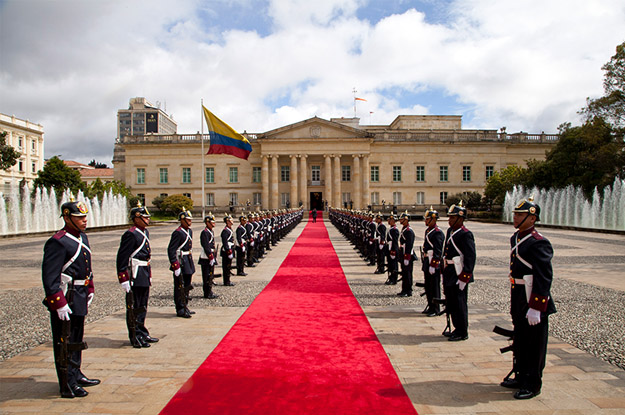For our latest print issue on Colombia, we asked experts, executives, politicians and everyday people about the biggest issue facing Colombia’s next president. See all of their answers here.
Corruption, unemployment and the quality of health care have topped the lists of concerns for Colombians over the past six months with remarkable consistency, according to polls from firms like Gallup and Invamer. As much as the peace process with the FARC and the increase in coca cultivation have dominated international headlines, the issues are not of great concern to most Colombians, even though the peace accord remains a central cleavage around which national politicians define themselves.
The issue that most cuts across all the areas in which Colombia needs to make progress is state capacity. Strong and transparent institutions — at the national as well as regional and municipal level — are needed to do away with the enabling environment in which corruption flourishes, along with criminal economies marked by violence. Moreover, a strong state, capable of implementing the enormous commitments to rural development, land restitution, and assistance to victims of conflict, would go a long way in addressing the deep social inequalities that continue to plague Colombia.
Over the last several decades, Colombia has made huge strides in improving state capacity in the military and security spheres. Those achievements need to be matched with similar progress in the capacity of civilian institutions and agencies to deliver social services, promote inclusive and sustainable development (including infrastructure), and overcome legacies of chronic violence.
—
Arnson is the Latin America program director at the Woodrow Wilson Center.





